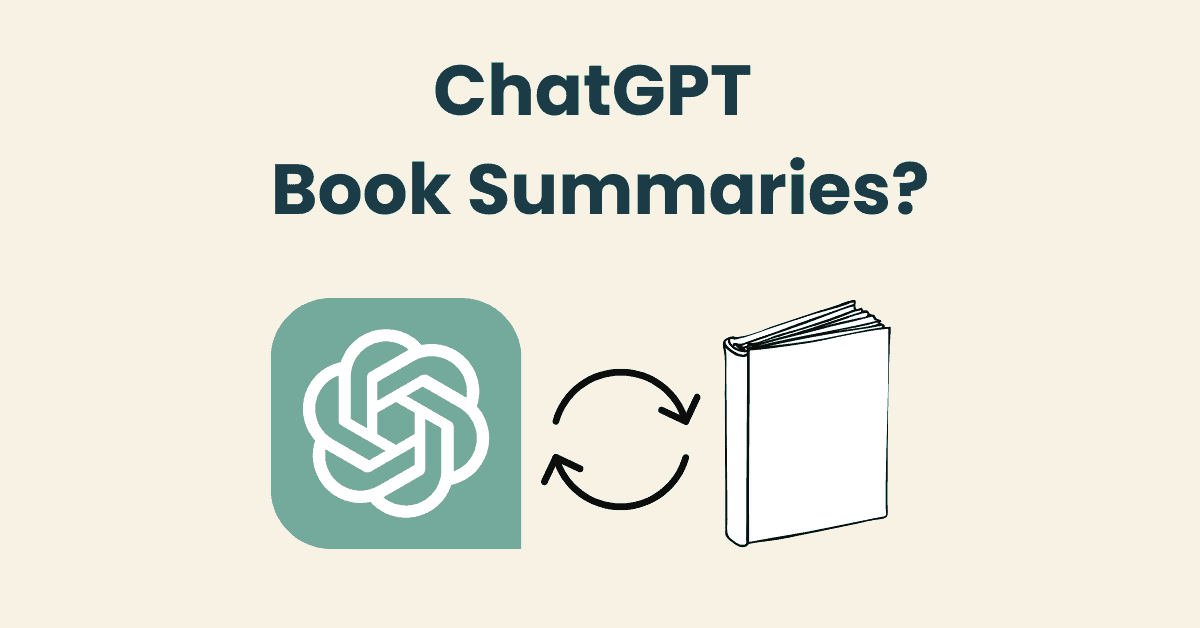How to Summarize Books Using ChatGPT: 7 Experiments in AI Distillation §

Highlights §
- When I summarize a book, I’m not trying to distill its contents into the shortest possible form. In fact, my book summary blog posts tend to be thousands of words long in their own right! My summarization process is about zeroing in on only the ideas and arguments that are most unusual, surprising, counterintuitive, or directly applicable to my own life and work, and then elaborating on those points. (View Highlight)
- In a sense, my book summaries are original essays with my own interpretation of ideas, which just happen to draw on a single book as raw material. I’m not trying to write a “fair and balanced” summary that gives equal coverage to all chapters. In fact I’m trying to do the opposite: to see how far I can extrapolate from the author’s writing and bias their ideas in favor of my own needs and goals. (View Highlight)
- First, I concluded that supplying ChatGPT with the best excerpts from one’s reading greatly improves the summary it can provide, especially when those excerpts are organized into an outline that provides a particular point of view. (View Highlight)
- Third, ChatGPT is always tending toward cliché, which by definition is the “aggregate average” of the greatest number of writers on which it was trained. You have to constantly come up with inventive ways of getting it off that well-worn path. (View Highlight)
- Fourth, I conclude that reading books is still worthwhile, even in an age of Artificial Intelligence. Besides the personal enrichment from the experience of reading, there are key details, subtle distinctions, and gestalts of meaning that come from reading and notetaking that can’t (yet) be reproduced by even the latest language models. (View Highlight)
- In fact, it seems that having a personal collection of excerpts from one’s reading, whether written down by hand or synchronized with a notetaking app using a service like Readwise, is an even greater asset than before. The decisions you make about which excerpts are worth saving constitute a unique interpretation of a book’s ideas that isn’t shared by anyone else on the planet. (View Highlight)
